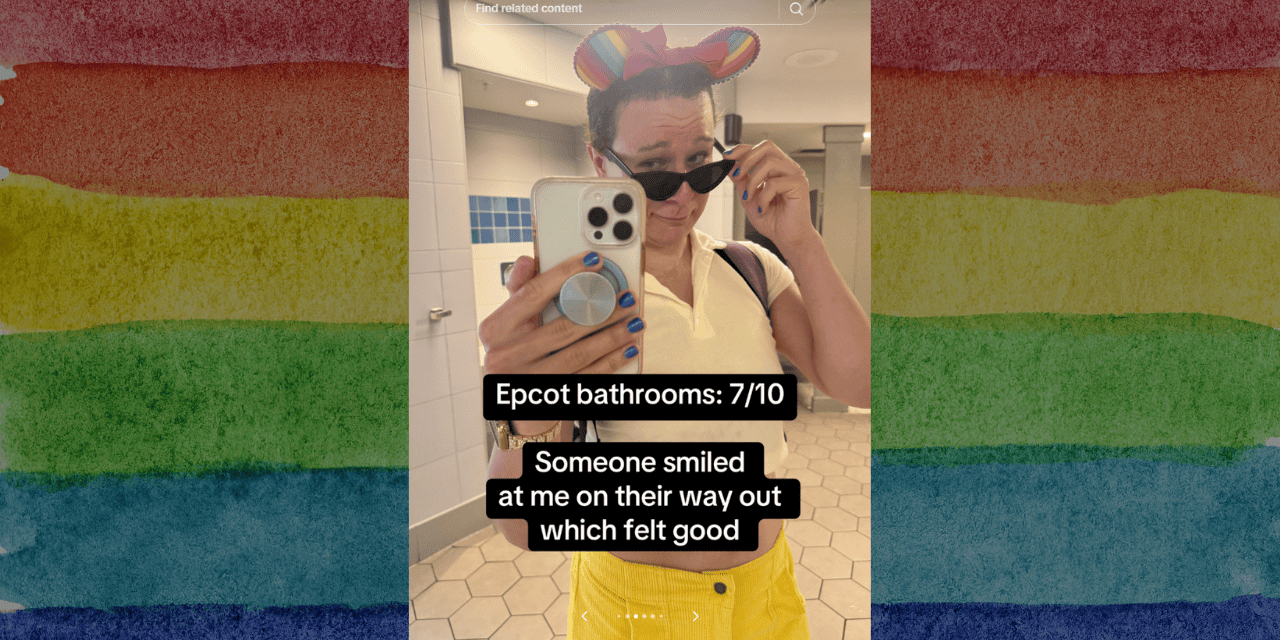Is ‘Comprehensive Sex Education’ Effective – As its Proponents Claim?

Individuals and organizations pushing “Comprehensive Sexuality Education” (CSE) in schools make the claim that CSE is “evidence-based” and has been “proven effective.” But a review of 120 studies of school-based sex education shows these assertions are deceptive and there is a huge gap between the research findings and claims of effectiveness.
The Daily Citizen spoke with Irene Ericksen, senior research analyst with The Institute for Research and Evaluation (IRE), a non-profit scientific agency with a 25-year track record evaluating sex education programs in schools.
The recent review from Ericksen and Dr. Stan Weed, director of IRE, is useful for parents, policy organizations, conservative legislators and concerned citizens as they fight the promotion of inappropriate, inaccurate, hyper-sexualized CSE curricula from groups like Planned Parenthood or Advocates for Youth, a left-wing activist group.
Ericksen said she began reading, questioning and evaluating the evidence for the effectiveness of teen pregnancy prevention programs back in 2009-2010, when claims were made that CSE programs showed “evidence of effectiveness” and they received $75 million in federal funds.
But those claims were deceptive, she told us, adding, “You have to read the studies and read what they actually say.” Ericksen said that often CSE advocates will “misrepresent and/or manipulate research findings to inflate the apparent scientific evidence for Comprehensive Sex Education.”
IRE’s 2010 evaluation showed what is typical of CSE programs in schools: The studies often did not measure or demonstrate long-term effectiveness. Some studies found no impact on the full population targeted by the program, merely on a smaller subgroup. In addition, the research was – and still is – often produced by the developers of the programs or by those promoting the CSE curricula – rather than from independent evaluators.
IRE’s more recent report, “Re-Examining the Evidence for School-based Comprehensive Sex Education: A Global Research Review,” published in the journal Issues in Law and Medicine, looked at 120 studies endorsed by “three authoritative agencies: the United Nations Educational, Scientific and Cultural Organization, the U.S. federal Teen Pregnancy Prevention Program, and the Centers for Disease Control and Prevention.”
Ericksen and Weed found:
Worldwide, six out of 103 school-based CSE studies (U.S. and non-U.S. combined) showed main effects on a key protective indicator, sustained at least 12 months post-program, excluding programs that also had negative effects. Sixteen studies found harmful CSE impacts. Looking just at the U.S., of the 60 school-based CSE studies, three found sustained main effects on a key protective indicator (excluding programs with negative effects) and seven studies found harmful impact.
“Key protective indicators” include CSE program goals such as: reducing teen pregnancies; reducing STD and HIV infections among adolescents; influencing youth to abstain from sexual activity; or increasing team condom use. If a program has harmful effects, teen pregnancies, STDs or sexual activity might increase.
CSE education frequently works to achieve these goals through promoting “condom and contraceptive use and other ‘safer sex’ behaviors for sexually active youth,” according to the report.
In addition, the review states:
CSE programs also typically purport to contain an abstinence message – that teens can choose to delay or abstain from sexual intercourse until they are older or decide they are ready to have sex – but the amount of emphasis given to this can vary widely from program to program.
In contrast, “Re-Examining the Evidence” says that abstinence education, more recently called Sexual Risk Avoidance (SRA):
[T]ypically teaches youth to abstain from overtly sexual behavior with another person (including vaginal intercourse, oral and anal sex, mutual masturbation, and heavy petting) until they can form a mutually monogamous relationship in adulthood (often defined as marriage), in order to eliminate risk (rather than merely reduce it) and avoid the negative consequences of teen sex.
CSE, on the other hand, often teaches children and teens about sexual behaviors – with little or no emphasis on delaying or waiting until marriage. As the report notes,
CSE programs are often founded on a ‘values-free’ sexual philosophy containing permissive and explicit content that can be of concern to parents and is considered morally unacceptable to some, especially in more-traditional cultures around the world.
Of course no sex ed program can really be “values free” – someone’s values will always be encouraged. And, the philosophy behind CSE is usually guided by what groups like International Planned Parenthood Foundation (IPPF) call “sexual rights” – the belief that children have “sexual rights” – at any age.
IPPF’s publication “Exclaim! Young people’s guide to ‘sexual rights’” says, for example:
Young people are sexual beings. They have sexual needs, desires, fantasies and dreams. It is important for all young people around the world to be able to explore, experience and express their sexualities in healthy, positive, pleasurable and safe ways. This can only happen when young people’s sexual rights are guaranteed.
“Exclaim!” says these sexual rights are universal, inalienable and indivisible – just like constitutionally protected rights. The document – promoted to young people around the globe – defines “inalienable” this way:
Everyone is entitled to human rights simply for being human. Human rights cannot be taken away or given up from anyone, irrespective of their age, gender, ethnicity, race, religion, nationality, sexual orientation, socioeconomic status, disability, HIV status or health status (emphasis added).
So Planned Parenthood believes that sexual rights exist at any age and are as important as other human rights, like religious freedom and free speech. The organization does go on to say that these rights and education about sexuality should be “age appropriate.” However, Planned Parenthood and other radical CSE advocates decide what is “age appropriate,” not parents.
Those who advocate CSE in schools are often misled about what the research says and whether such curricula work. Over the next couple weeks, we’ll do a deeper dive into what studies tell us about CSE and SRA, and we’ll take a look at some specific programs that are in use all across the country – and who is behind them.
Meanwhile, if your state or school district is discussing Comprehensive Sexuality Education, these resources provide ammunition about how such programs are not generally effective – and can even create harm.
Related articles and resources:
The Institute for Research and Evaluation
- New Published Study on Comprehensive Sex Education – Scroll down for videos about the review.
- Re-Examining the Evidence for Comprehensive Sex Education in Schools: A Global Research Review
The Daily Citizen:
- Bill that Teaches ‘Gender Identity’ to Kindergarteners Signed into Law by Illinois Governor
- Family Policy Councils and Pro-Family Organizations Present ‘Protecting Children in Education Summit’
- New Tool Helps Parents Fight Education System’s Indoctrination of their Children
- Sex Ed Identity Crisis
Photo from Shutterstock.
ABOUT THE AUTHOR
Jeff Johnston is a culture and policy analyst for Focus on the Family and a staff writer for the Daily Citizen. He researches, writes and teaches about topics of concern to families such as parental rights, religious freedom, LGBT issues, education and free speech. Johnston has been interviewed by CBS Sunday Morning, The New York Times, Associated Press News, The Christian Post, Rolling Stone and Vice, and is a frequent guest on radio and television outlets. He graduated Phi Beta Kappa from San Diego State University with a Bachelors in English and a Teaching Credential. He and his wife have been married 30 years and have three grown sons.




